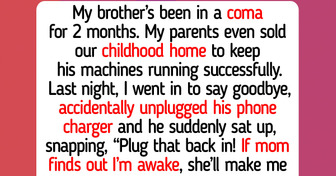Hi there,
What about the new-being-parent people who were in the wrong styles as a child? What should they do when they feel still have problems from their childhood when their parents were authoritarian, lenient, or neglectful? The information in this article was not new, at least for me. The point is my question now!
4 Common Parenting Styles, and How They Can Affect Your Kid in the Future

When you become a parent, you quickly realize that your decisions can affect who your child will grow up to be. And it can be stressful and overwhelming to choose whether you should be strict or lenient with your kids. Research has identified 4 types of parenting based on how demanding parents are of their kids and how responsive they are to them. And there’s one type that works better than others.
Bright Side hopes to offer some help in understanding how the way you raise your kids might affect them in the future. So here are the 4 parenting styles.
1. You’re strict and controlling.

Authoritarian parents are very strict and controlling. Their children have to blindly follow their rules without asking any questions. Negotiating with them is not an option, as it will be considered backtalk. They don’t take their children’s feelings and opinions into consideration. When their child breaks a certain rule, they might use punishment instead of discipline. Such parents might call their approach “tough love” and believe that it will better prepare their child for the real world.

Unfortunately, this type of parenting can be really damaging to a child. Children of authoritarian parents are often less independent, more insecure, have problems with self-esteem, and have poor social skills that are important for leadership. This happens because their opinions weren’t valued when they were little and because their parents always decided things for them.
Apart from that, authoritarian parenting can make children aggressive and authoritarian themselves in future relationships. Such children might not learn right from wrong because they were never given any explanations, and that can turn them into liars since they always want to avoid punishment. Because rules were always strictly imposed on them, they might also have issues with self-control.
2. You’re attentive and democratic.
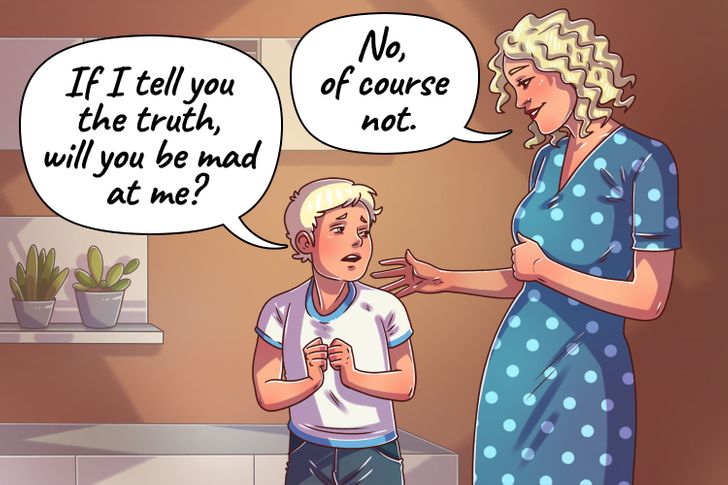
Authoritative parents are similar to authoritarian parents because they also set boundaries and create rules. However, what’s different is that they explain their actions and decisions to their children. They are more attentive, and they take their children’s thoughts and emotions into account. Instead of punishing their children, they use discipline and reinforce good behavior.
This type of parenting is also referred to as democratic because children are allowed to voice their opinions and have healthy discussions with their parents. Authoritative parents also invest a lot of energy into their kids’ development, but they aren’t overly controlling. Their children are allowed to make mistakes and learn from them without having to be punished.

Children of authoritative parents are more likely to be independent and self-confident. They are better at making decisions on their own, and they have good communication skills. They also have better self-control and emotional skills, and they’re more empathetic. All these skills can help them become successful in life.
3. You’re too lenient.

Permissive parents might also set rules, but they rarely enforce them. It might be hard for them to say no or to discipline their children, and bad behavior might be easily forgiven. They’re more of a friend than a parent. Permissive parents value their children’s feelings and desires, maybe even too much, which can end up negatively affecting the kids.
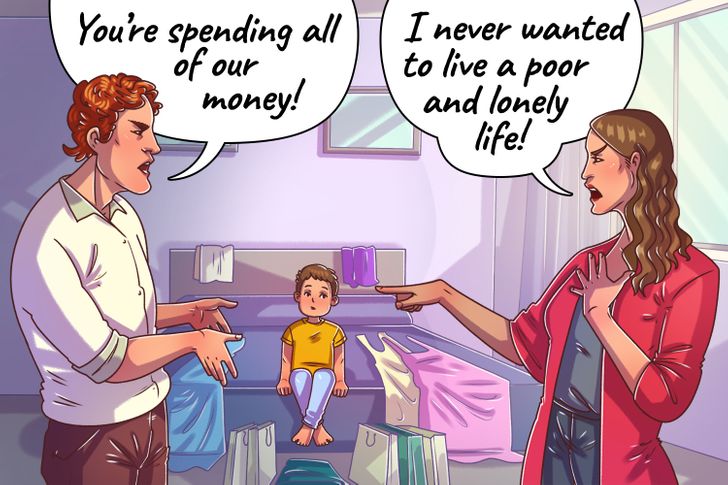
Because such indulgent parents rarely use discipline, their children might have problems with self-control and following rules, which can have a negative impact on their social life. They might also feel entitled to get whatever they want. Children of permissive parents often have low self-esteem and display poor academic performance.
4. You’re neglectful.
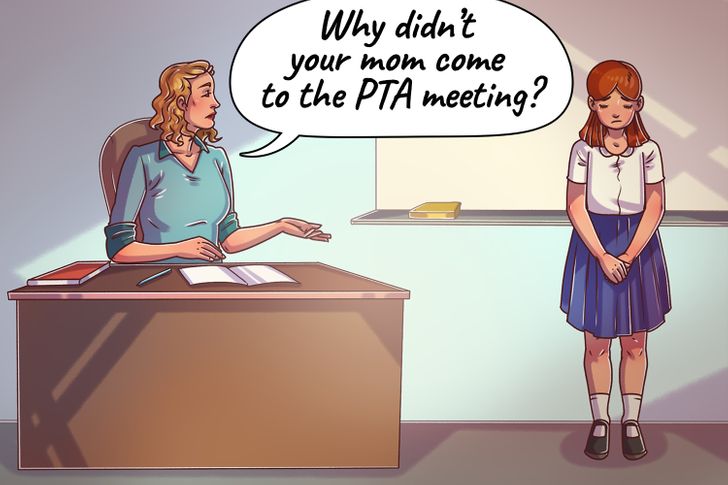
Uninvolved parents are barely present in their children’s lives and have little effect on their development. They don’t set a lot of rules or provide their kids with enough support or guidance, and they expect their kids to raise themselves. However, such neglect isn’t always intentional. It’s often the case in families where a parent is overwhelmed with their own problems, like stress at work or mental health issues.

Children of uninvolved parents might have problems with self-esteem and academic performance. They might have trouble controlling their emotions, resulting in them being impulsive. It can also be hard for them to follow rules, communicate, and form close relationships with others because they didn’t get that love and support when they were little.
Do you agree with this typology? What do you think is the best parenting strategy?
Comments
Related Reads
15 Phrases That Parents Should Avoid When Talking to Their Children

10 Toxic Parents Disguised in Cartoon Characters That Could Send Any Kid to a Psychotherapist

15 Reasons Kids Might Not Feel Close to Their Parents and Why They Shouldn’t Blame Themselves

12 Stories That Prove Our Parents Aren’t Superheroes — But Close Enough

7 Important Questions You Can Ask Your Kids Before Bedtime That Can Bring You Closer Together
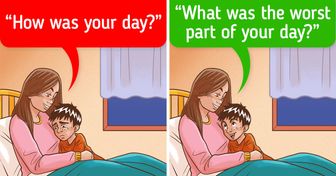
20+ People Who Changed Their Look So Dramatically, Even Their Relatives Didn’t Recognize Them

18 Photos That Show Why It’s So Hard to Understand Japan

23 Times We Wanted to Arrest the Police for Being Too Cool

20 Girls Who Just Cut Their Bangs but Look Like They Got a Plastic Surgery

15 Moments That Show Kindness Is Quiet but Changes Everything

15 Life Moments That Prove Quiet Kindness Is a Real Power Move

15 Success Moments From Strangers That Deserve All the Golden Buzzers in the World
